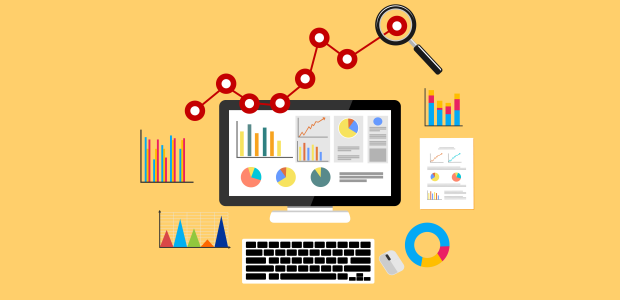While data is one of the most valuable asset for an enterprise in today’s time, it is only useful if it is leveraged to extract actionable insights. With massive amounts of data being generated in each function of the enterprise, the need for storing and analyzing it properly has grown substantially. Big Data platforms like Hadoop have already made their debut a long ago and succeeded, businesses are now also embracing the power of the cloud.
Before getting further into details, here’s a bit about Hadoop. Hadoop is an open-source software framework that is used by enterprises for big data storage. It allows you to store data in both structured and unstructured formats while providing the capability to process this enormous data. With benefits of low costs and data flexibility, large number of enterprises have chosen Hadoop to build their data lake. In parallel, there is a shift towards Cloud platforms as in addition to benefits of Hadoop, Cloud comes with no maintenance and zero downtime.
The other part of the enterprise analytics equation are business intelligence tools that the let enterprise users analyze their data. Tableau is a leading name in this category as it offers impeccable visualization capabilities. Tableau’s successful adoption amongst business users comes from the reason that it allows them to perform complex analysis while enabling them to visualize their data in an easily understandable through interactive dashboards.
All BI tools including Tableau perform analytics and derive insights by consuming the data stored on Hadoop or cloud platforms. Enterprises trust the combination of Tableau on Hadoop as it works seamlessly and allows business users to make the most out of their data by with interactive visualizations and dashboards. Similarly, the combination of Tableau on Cloud and Tableau on big data also works for companies. However, the challenge comes when the data increases to billions and trillions of rows. Tableau’s performance degrades with growing data and queries take minutes of hours to return. This ultimately leads to loss of precious time of the business users thus impacting the accuracy of business decisions.
However, this shouldn’t stop them from making the most out of data for business benefits. To perform deeper, faster, and more efficient analysis on this growing data, business users need to embrace the power of a powerful BI acceleration platform. It will enable them to deal with massive volumes of data on their existing BI tools and achieve instant business insights both on Hadoop and in the Cloud.
Using its Smart OLAP™ technology, business users can accelerate the BI performance by building a unified semantic layer between the cloud or Hadoop data lake and their favorite BI tool. The underlying technology of the platform allows pre-aggregation of all their data across all combinations thus, allowing them to get sub-second query responses to even the most complex queries as minimal processing happens at run time.
In conclusion, Tableau on Hadoop or on the Cloud can be made even more powerful by coupling it with a BI acceleration platform. This will allow business users to deliver high-performance BI without worrying about the scale or complexity of their data. To see this in action, try it for your enterprise today.


